Would you like some Jam with that?
A surprise shortlisting, a reading update, and a new look for my newsletter.
It feels like ages since my last newsletter, and Christmas holidays seem like a distant dream. But also, how is it March already?
‘The Jam’ is a newsletter for readers, writers & story-lovers. I’m Joanna Morrison, a writer based in Western Australia. My first novel The Ghost of Gracie Flynn (Fremantle Press, 2022) was shortlisted for the Hungerford Award in 2020. My manuscript ‘The Wanting Dance’ was shortlisted for the Australian Fiction Prize in 2024. Visit my Linktree for links to my website, Instagram, media interviews, reviews, and ways to buy my book. Thanks for joining me!
‘The Jam’?
If you’re new here, you won’t know that this newsletter used to be called ‘Thursdays After Lunch’. The name helped me overcome my fear that newsletter obligations would interfere with my novel writing. By roping off Thursday afternoons for the task, I was able to stop fretting and just get started. But that scaffolding no longer reflects what I want this newsletter to be about, which is the words themselves and my connection with you. Hence, ‘The Jam’.

It’s true that when something is ‘jammed’, it’s stuck. As a noun, ‘a jam’ can be a bind. These are not good connotations. But jam can also be a sweet treat to spread on your toast. Or a musical improvisation in the living room. Or someone riffing on a theme. It’s what someone might say when pointing at something they love: “That’s my jam.” So, with this spirit of enthusiasm in mind, ‘The Jam’ is a space to share my news and updates as well as to riff on ideas and stories I’ve read or watched. It’s about connection and collaboration. I’m jamming on my jam, and you’re invited.
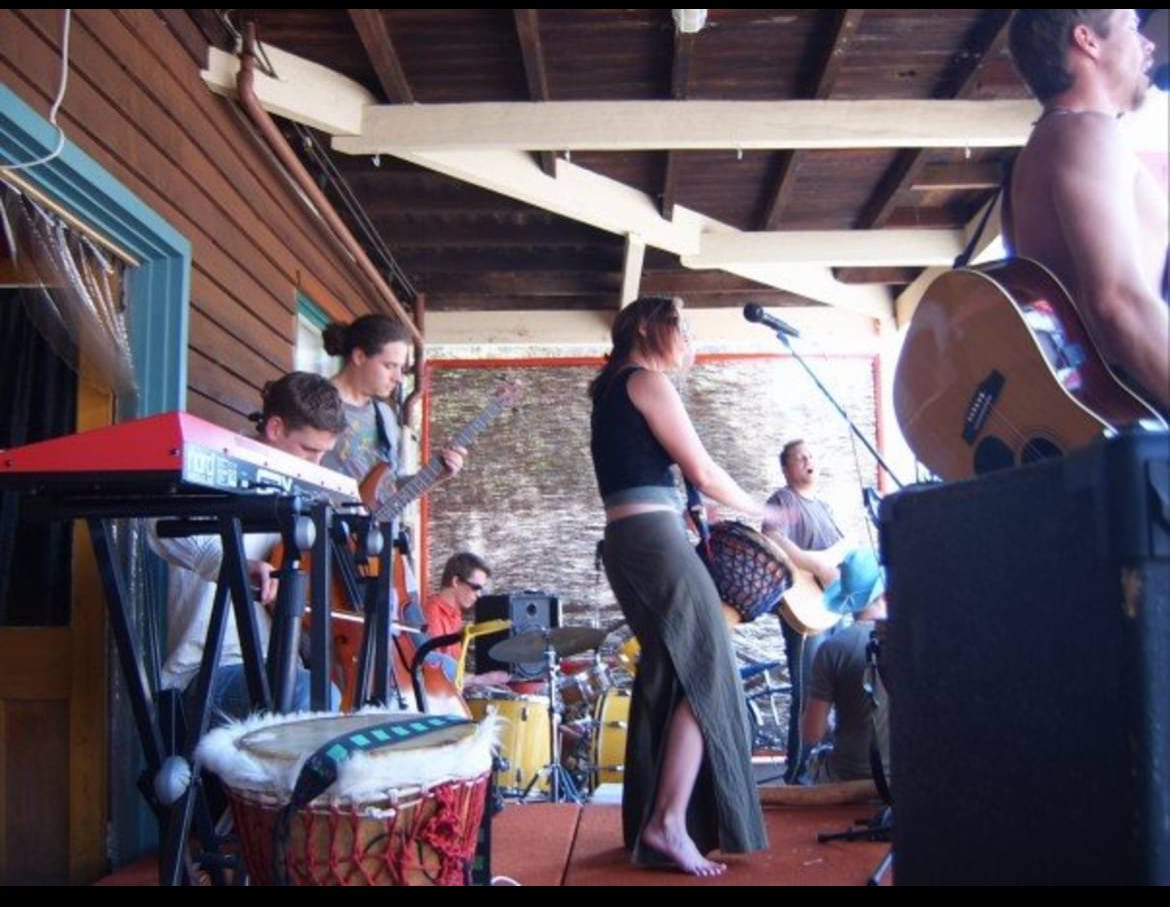
A Surprise Shortlisting
Towards the end of last year, I answered a call from an ‘unknown number’ while lugging my laptop and trusty tea flask to my weekly writing group session (aka group therapy). Harper Collins publisher Anna Valdinger was on the line to give me the astonishing news that my manuscript THE WANTING DANCE had been shortlisted for the inaugural Australian Fiction Prize. Reader, I was shooketh.
Run by The Australian newspaper and Harper Collins, The Australian Fiction Prize was introduced last year to continue the legacy of the former Vogel Award. When I first saw the announcement of this prize (which is now open for 2025 entries), it seemed well and truly out of reach. A national novel prize? With a manuscript that still felt undercooked? Surely not.
On the deadline day, I explained to my thirteen-year-old son that sometimes you just have to watch an opportunity go by and wait for the next one.
‘How many hours till the deadline?’ he said.
‘Three.’
‘Well, just give it three more hours of work and submit it.’
Wisdom.
Obviously, after that little chat, I had to enter. To be a good role model. I honestly didn’t think anything could come of it. Maybe a long-listing if I was very, very lucky. So, what a breathtaking surprise it was to be shortlisted alongside these other fabulous Aussie writers.
Huge congratulations to everyone pictured, particularly to fellow West Aussie writer Michael Burrows and to Katherine Johnson for winning the day with her novel, A Wild Heart. Set on a remote Tasmanian island, A Wild Heart sounds like an atmospheric, lyrical read. I’ll be snapping it up with both hands.
After that exciting bit of madness, I’ve spent my year so far working on a fuller, more polished draft of THE WANTING DANCE. I’ll write more about this slightly unhinged novel of mine, and why I set it in Amsterdam, in a future newsletter. In the meantime, wish me luck, and watch this space!
Reading Diary
This year, I’ve read three strong, award-winning novels.
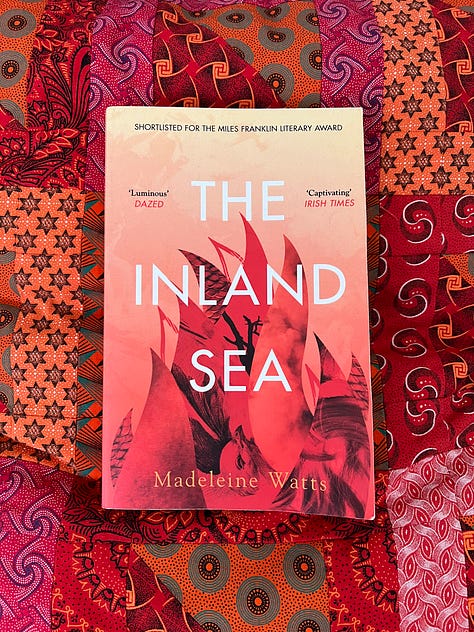
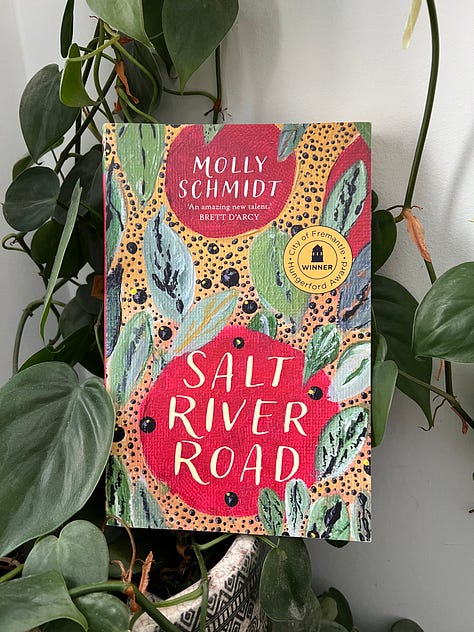
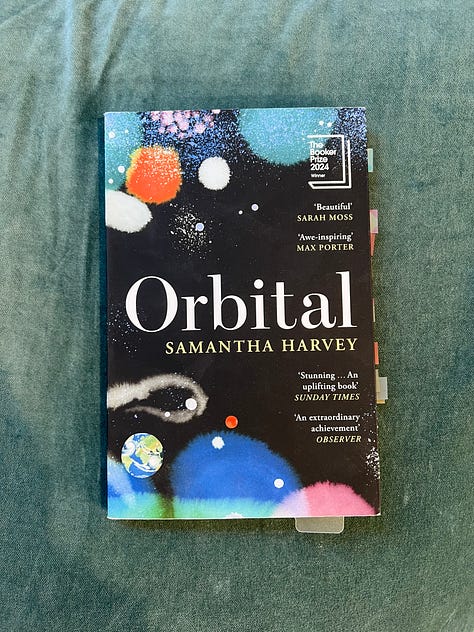
The Inland Sea by Madeleine Watts
Shortlisted for the Miles Franklin Literary Award in 2021 and the UTS Glenda Adams Award for New Writing.
BLURB: In the early nineteenth century, British explorer John Oxley traversed the unknown wilderness of central Australia in search of water - 'the inland sea'. He never found it, but he never ceased to believe that it was out there. Two centuries later, his great-great-great-great granddaughter spends her last year in Sydney reeling from her own self-destructive obsessions. She's working part-time as an emergency dispatch operator, drinking heavily, sleeping with strangers, wandering the city's dangerous streets late at night, and navigating an affair with an ex-lover. Reckless and adrift, she prepares to leave. Written with down-to-earth lucidity and ethereal breeziness, The Inland Sea explores feminine fear, apathy, danger and longing, against a backdrop of ecological and personal crisis.
Narrated by an unnamed young woman, The Inland Sea is a slow-burn towards dystopia. In a world approaching a climate emergency, there’s no spectacular apocalypse; just a growing awareness of the inescapable elements and a human race losing its humanity. As recent graduate working as an emergency dispatch operator, the narrator has a direct line to this descent. Sometimes her callers cannot be saved. No one is coming to save her either. Just as no one is coming to save the world.
As if suffering from an autoimmune disease, the narrator internalises her nihilistic disgust with humanity and takes it out on herself. The inner-city setting is cloying. Combined with the suffocating effects of heat, storms and bushfires, and themes of misogyny, self-loathing and self-destruction, this is a grim vision of the end times. It’s also contemplative and quietly gripping.
Madeleine Watts’ second novel, Elegy, Southwest (just released), again explores how we live within a climate emergency. On the back of The Inland Sea, I’ll be checking it out.
Salt River Road by Molly Schmidt
Winner of the Hungerford Award in 2022. Shortlisted for the WA Premier’s Prize for an emerging writer in 2023, the Indie Book Awards Debut Fiction 2024, and the Readings New Australian Fiction Prize 2024.
BLURB: In the aftermath of their mother’s death, the Tetley siblings’ lives are falling apart. Left to fend for themselves as their family farm goes to ruins, Rose sets out to escape the grief and mess of home. When she meets Noongar Elders Patsy and Herbert, she finds herself drawn into a home where she has the chance to discover the strength of community, and to heal a wound her family has carried for a generation. Salt River Road is a poignant exploration of healing and resilience, small-town racism and the power of human connection.
Brimming with emotional intelligence, Salt River Road is a tender evocation of grief and the unexpected ways it connects us. From the opening pages, I could tell Molly Schmidt was going to quietly break my heart. The sorrow on the page is palpable, especially when the prose chapters give way to poetry, evoking the raw speechlessness of grief.
Alternating narrators Frank and Rose, brother and sister, are both addressing their late mum, drawing us into their relationships with her. The author’s use of the second-person POV in this way creates a nurturing bond between reader and narrator. This authorial choice triggered my protective instincts, making it almost unbearable to watch Frank and Rose fumble through their pain. But Molly heals what she breaks. One of the lines that moved me the most was this one:
But now we are returning
When you land on it, you’ll know what I mean.
This beautiful novel deserves all of its many accolades and I can’t wait to see what Molly Schmidt writes next. Molly is also an accomplished journalist/radio producer and a compelling public speaker. A serious talent.
Orbital by Samantha Harvey
Winner of the Booker Prize in 2024
BLURB: A team of astronauts in the International Space Station collect meteorological data, conduct scientific experiments and test the limits of the human body. But mostly they observe. Together they watch their silent blue planet, circling it sixteen times, spinning past continents and cycling through seasons, taking in glaciers and deserts, the peaks of mountains and the swells of of oceans. Endless shows of spectacular beauty witnessed in a single day.
An ambitious project, beautifully executed. If you primarily read for plot, Orbital might not be for you, but I’d still recommend picking it up for a taste of Samantha Harvey’s exquisite imagery.
This is a contemplative novel of moments. As the space station orbits our planet, the astronaut characters conduct their research and perform their ‘household’ duties. They live their gravity-free lives while thinking about their atrophying muscles and their loved ones far below. When they fall asleep while watching a film, the strange beauty of their sleeping bodies floating together is mesmerising. And when a tornado forms below and makes landfall, we get to see it both from the space station window and from the point of view of some characters on the ground. This highlights the astronauts’ distance from home and humanity’s powerlessness in general. I thought of Orbital every time I saw the satellite imagery of tropical cyclone Alfred in the news recently as it menaced the east coast of Australia.
Orbital is a resonant read, inviting us to marvel at the unlikely gift of life on our magnificent, untameable planet.
Have you read any of these novels? I’d love to know your thoughts.
My Next Read:
When She Was Gone, Sara Foster’s latest thriller, set in Western Australia.
Former London police officer Rose Campbell has been estranged from her daughter, Lou, for almost a decade. But when Lou disappears from a remote Western Australian beach, and the police suspect her of kidnapping the two young children in her care, Rose is asked to help bring Lou home. The police think Rose’s insights will lead them to Lou, but they don’t realise that Rose hardly knows her daughter any more.
This is the final case in DSS Mal Blackwood’s illustrious career, and there’s a lot riding on it. The missing children are heirs to the Fisher property empire, and while their multimillionaire grandfather is breathing down Blackwood’s neck for results, the media storm is intensifying. Faced with a deluge of evidence and accusations, Blackwood doesn’t know who he can trust.
Rose arrives in Australia intent on proving her daughter’s innocence, but how can she be sure of that when she’s no longer part of Lou’s life? Meanwhile, as Blackwood begins to expose the Fishers’ secrets, the investigation takes a much darker turn. Shadows of the past gather around the Fishers and Rose, and soon it’s clear that every hour is critical. What has happened to Lou and the children? And can Rose and Blackwood find them in time?
When She Was Gone is out on the 2nd April, and I’ll be interviewing Sara at Open Book next month, so I’m looking forward to that!
Friday 11th April, 6.30pm.
Grab a ticket here and join us.
Until next time, thanks for reading!





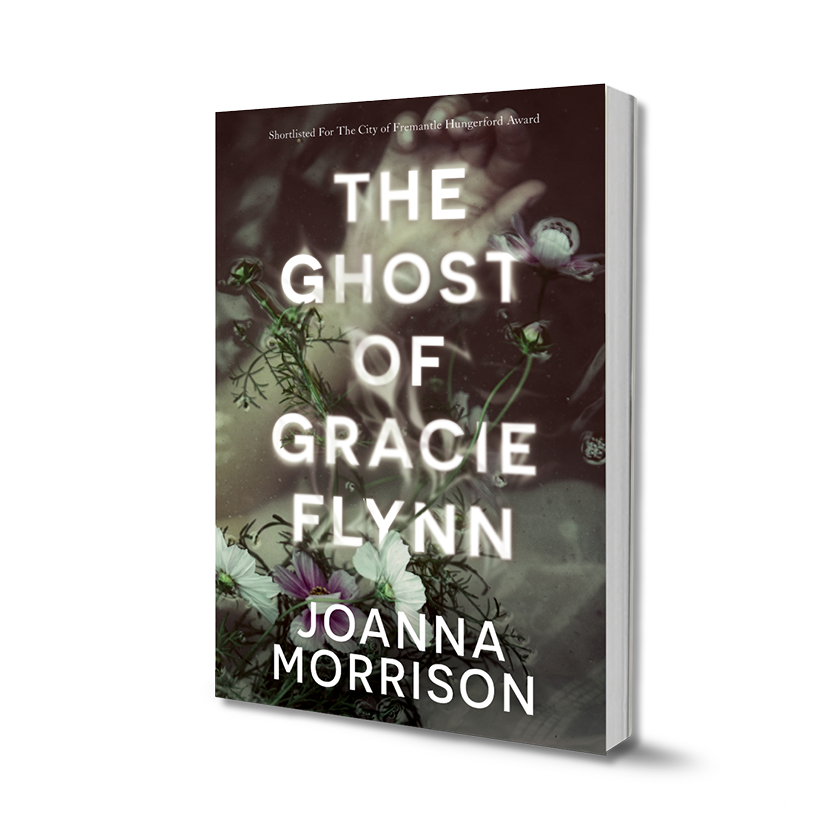
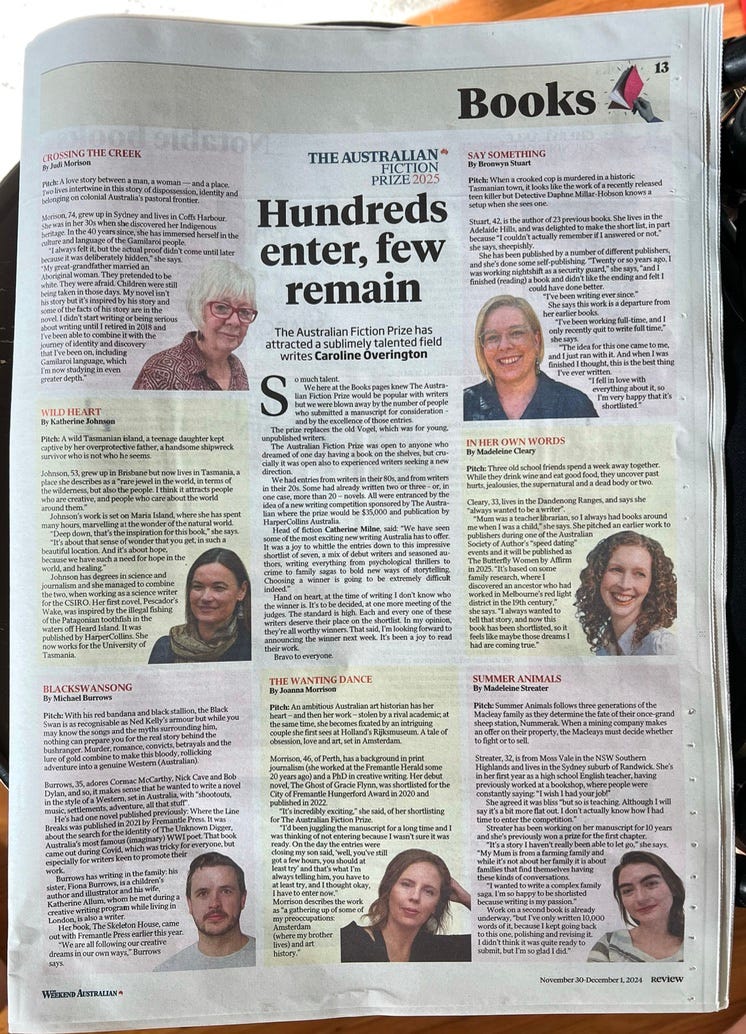
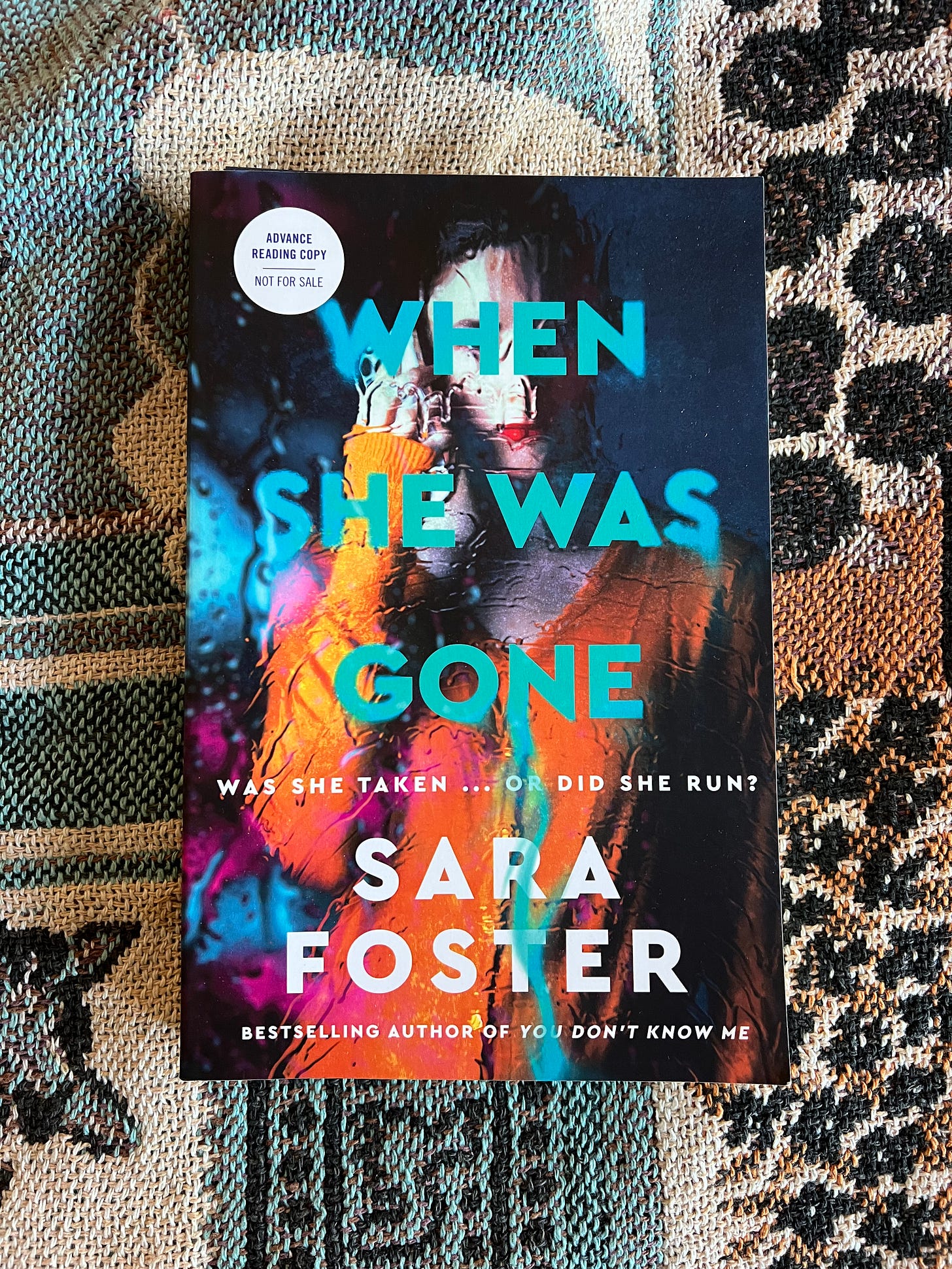


I'm so excited for your shortlisting! I hope to see you at an event soon.
Your thirteen year old is the GOAT - What wise advice! And congratulations.
I have Orbital sitting on my bedside table and I read a review of Elegy, Southwest yesterday that really made me want to read it...